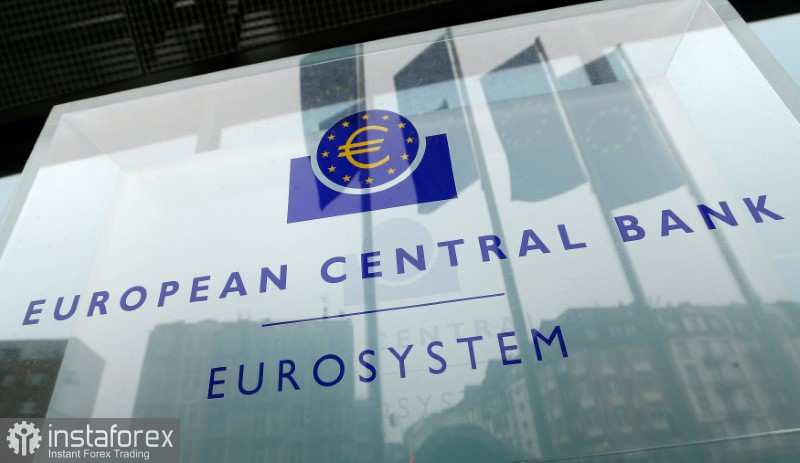Major central banks said they are open to raising borrowing costs further in an attempt to ramp up efforts in fighting inflation. The ECB is likely to act more aggressively than others because inflation is still in double digits there, while the UK and US have slightly lower figures.

The Federal Reserve, European Central Bank and the Bank of England said rate hikes will continue next year even though their economies are weakening more and more every day. This increases the risks that demand and the labor market will worsen, which could cause a downturn in the global economy next year.
Some experts point out that even though inflation has fallen in the US, some sectors are still hurt, so even in the face of a downturn, policymakers insist that rates will stay high for longer than predicted. But there are also those who are betting that the Fed's stance will not remain hawkish for long next year as the economy sags and unemployment rises.
Many also believed that officials may make a similar mistake as last year, when they underestimated the danger of increasing price pressures. After all, almost all central banks share the same view, opting for high interest rates for as long as it takes. The only exception is the Bank of Japan, which is expected to maintain its ultra-soft monetary policy setting this week. The key focus of major central banks is the labor market because unemployment in the major developed countries is at 4.4%, the lowest since the early 1980s. This increases wages and puts more pressure on companies to raise prices, triggering further inflationary pressures.
Talking about the forex market, demand for euro is still weak, but there is a chance for a return to December highs if the European Central Bank retains its hawkish monetary policy. However, traders need to keep the quote above 1.0660 because only by that will euro hit 1.0700 and 1.0740. In case of a decline below 1.0580, pressure will surge, which will push the quote to 1.0540 and 1.0490.
In GBP/USD, trading is taking place within the sideways channel, so buyers need to break above 1.2200 in order for the quote to rise to 1.2250 and 1.2301. But if sellers take control of 1.2130, pound will fall to 1.2070 and 1.2000.





















